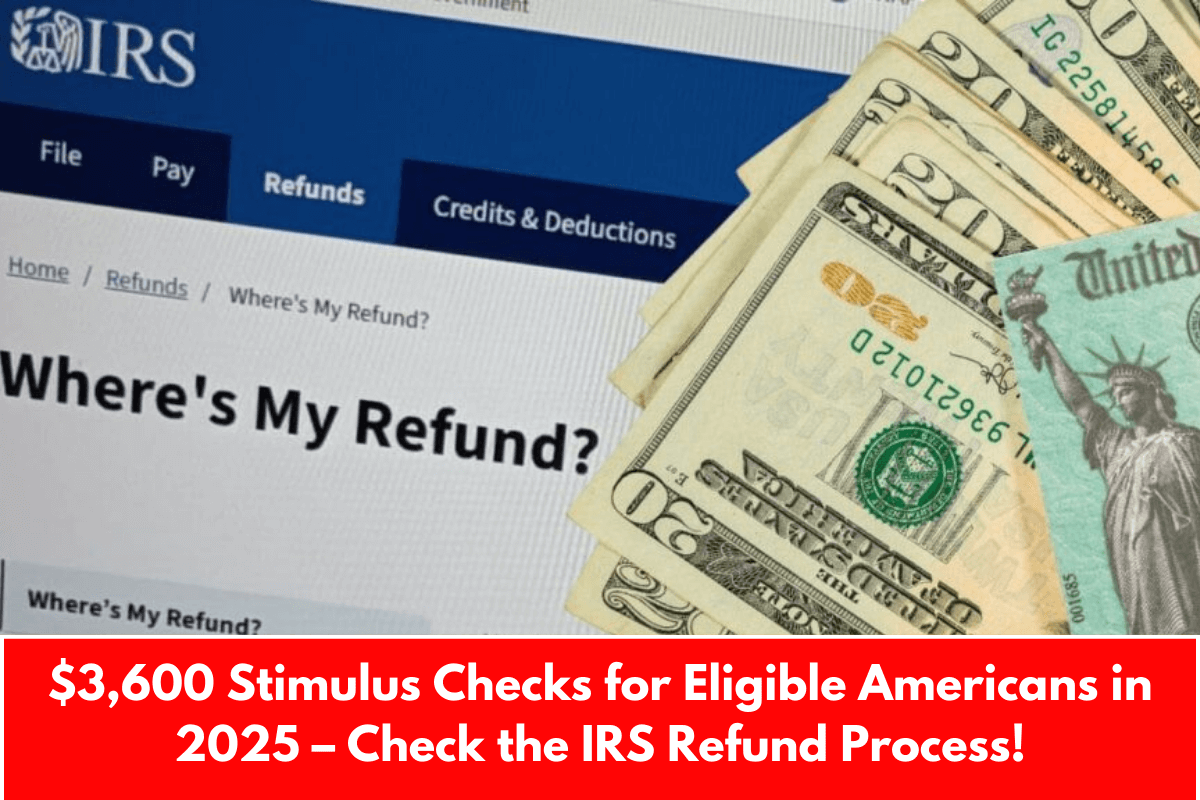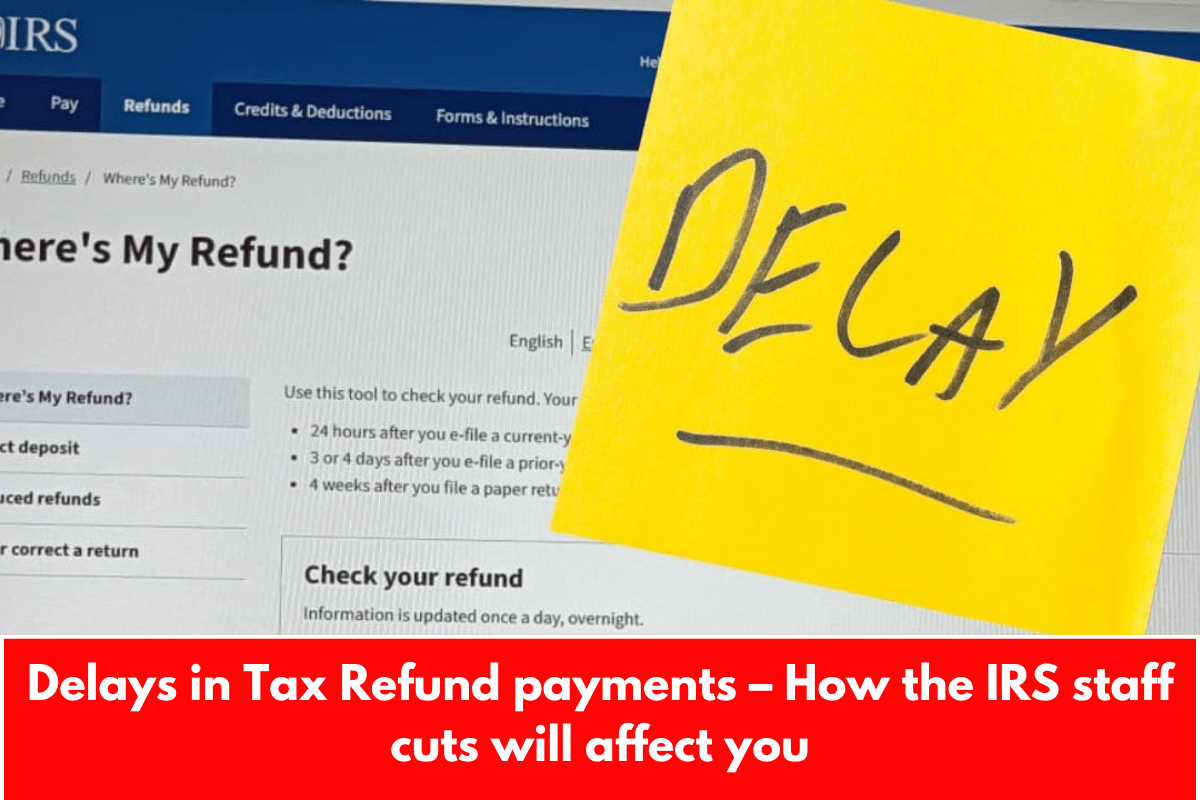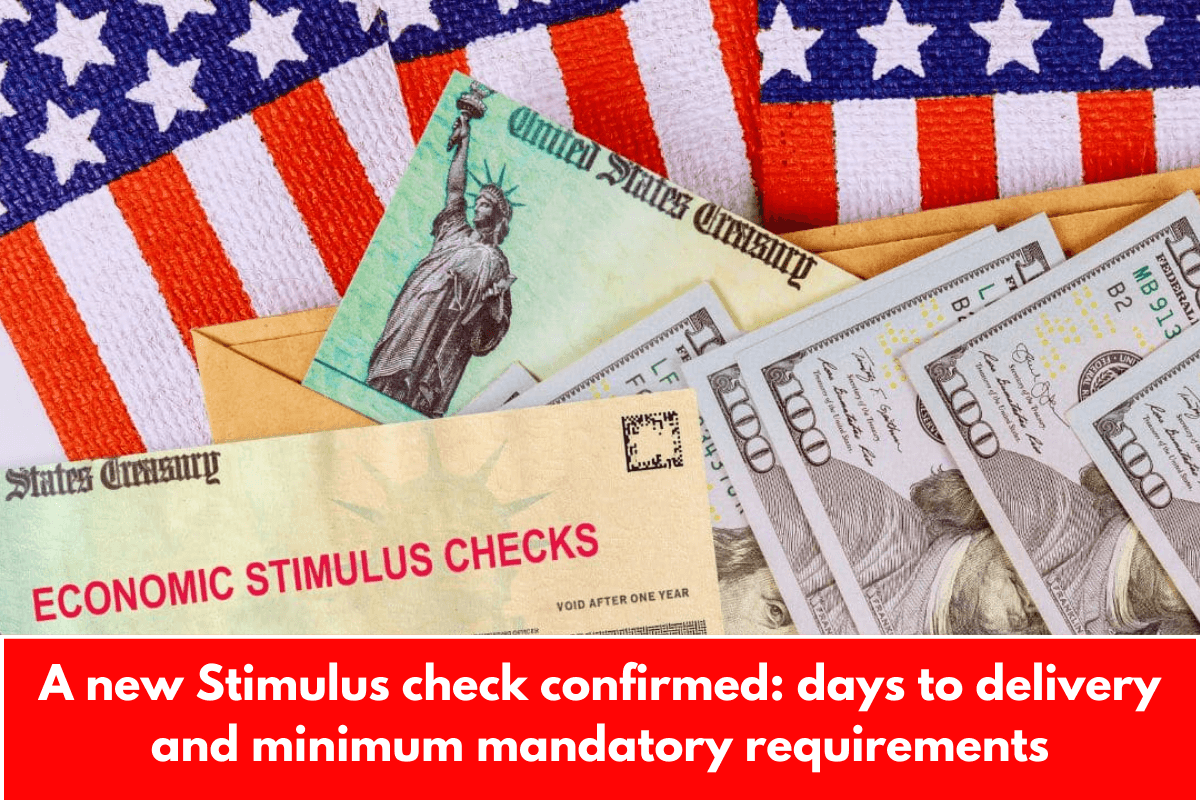As the U.S. tax season begins, the Internal Revenue Service (IRS) has already begun collecting returns and issuing refunds. However, if an individual submits paperwork with a specific error, the tax authority may conduct an investigation. This issue is related to how the revenue figures for 2024 are presented, which may raise concerns and necessitate a thorough investigation.
The IRS is investigating thousands of people for doing this on their tax returns
In some cases, using approximations and round numbers on tax returns can lead to an investigation. Any over-approximation may raise concerns because amounts on forms, such as the 1040, are rarely exact values in multiples of 100.
Rather than rounding to higher values, taxpayers should be precise in their calculations and round only to the nearest dollar. For example, if a photographer records a $495.25 lens purchase as a business expense, he or she should round to $495 instead of $500. If the amount is precise, such as $500, the IRS may require additional proof.
What should Americans do if they receive an audit letter from the IRS?
If the IRS sends you an audit notice, you should act quickly and take the following steps:
- Read the letter attentively to determine the cause of the audit.
- Collect all documentation that supports the information reported.
- For advice, speak with an accountant or tax representative.
- Respond within the specified deadline to avoid further penalties.
In some cases, the tax collector may accept justifications and supporting documentation without requiring the return to be modified. Meeting deadlines and keeping well-organised records can make the audit process run more smoothly.
How much time does the IRS have to audit a return?
The IRS generally audits returns from the previous three years, but if a significant error is discovered, it can go back as far as six years. The majority of audits focus on returns from the last two years.
If an audit is not completed within the timeframe specified by law, an extension of the statute of limitations may be requested. This allows the taxpayer to provide additional documentation, appeal the results, or request additional refunds.
You better watch your bank account, because you might be under the IRS radar
The Internal Revenue Service (IRS) may investigate anyone who deposits more than this amount into their bank account. While deposits of more than $10,000 in cash are not illegal, the IRS and FinCEN closely monitor these transactions to prevent financial crime.
If you deposit more than $10,000 in cash into your bank account, the IRS may investigate where the funds came from. The Bank Secrecy Act of 1970 is to blame for this, as it requires banks to notify the federal government every time a customer deposits or withdraws funds within 24 hours.
Money laundering and tax evasion are among the offences that the rule seeks to prevent. When you make a cash deposit of more than $10,000, the bank is required to file a Cash Transaction Report (CTR) with the Financial Crimes Enforcement Network (FinCEN). This report contains vital information, such as:
- Full name of the account holder
- Registered Address:
- Social Security Number
- Driver’s license number (if appropriate)
- Date, amount, and kind of transaction conducted
In addition, bank personnel must verify your identity, although they are not required to inform you that they are sending a report to the government. They may even ask you questions about the origin of the money. Although it is not mandatory to answer, it is recommended to be honest to avoid suspicion.















